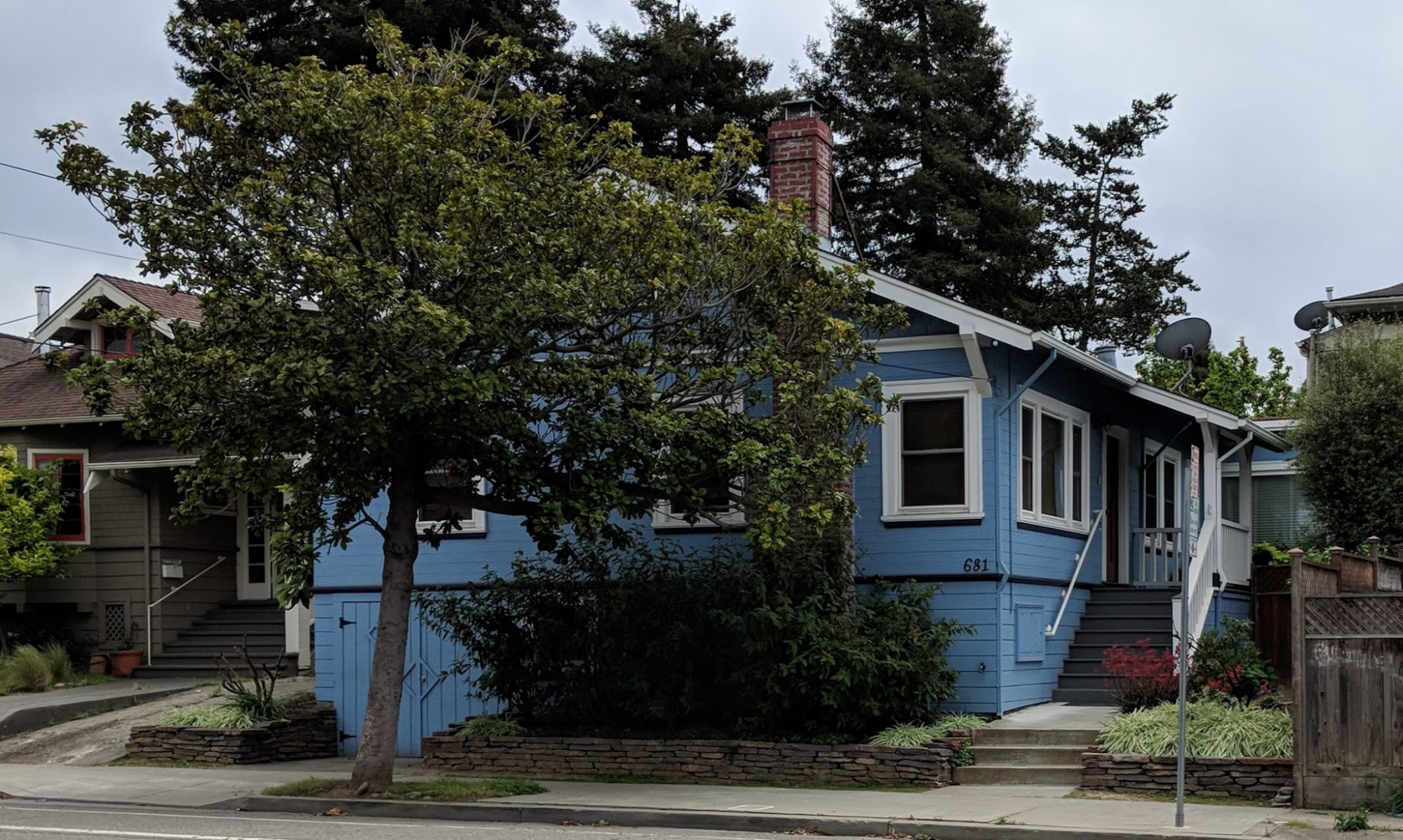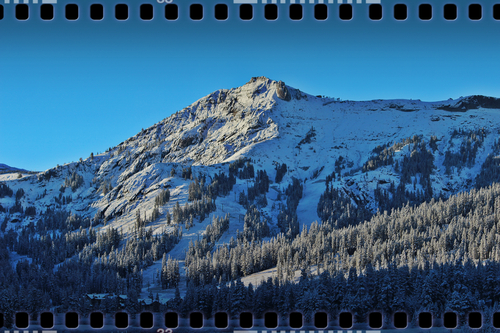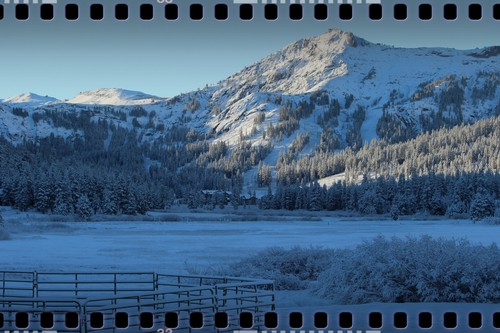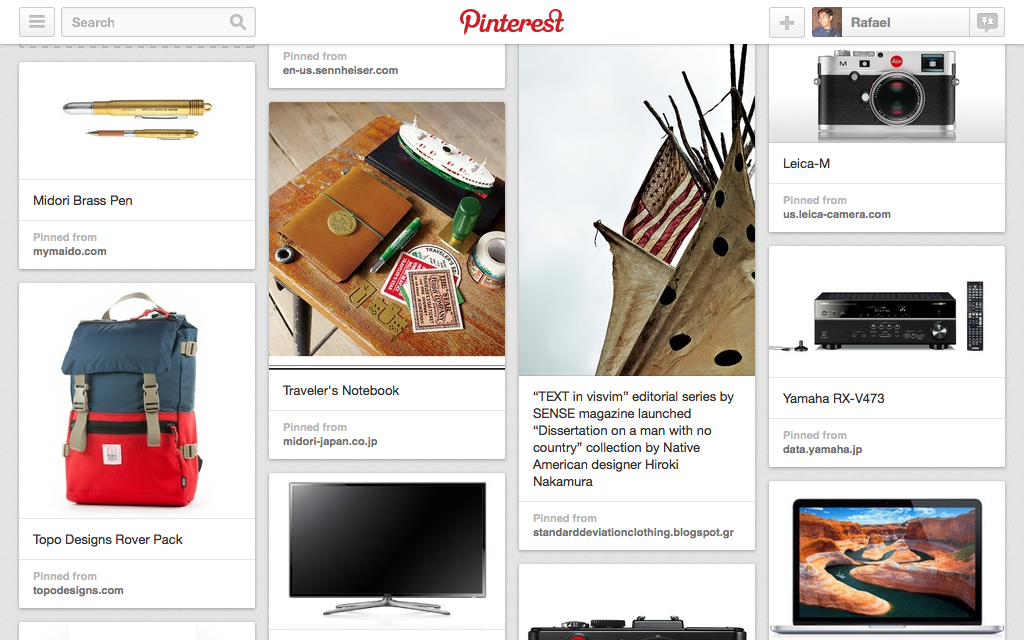[placeholder]
"Better with use" should be a bigger theme and a greater emphasis/focus within the tech industry. The components of "better with use" are there with the concepts of personalization, history, recommendation engines, identity/single sign-on, "sticky" features like bookmarks but the feeling of better with use hasn't crystallized. Part of the issue is the need for the industry to innovate and to show newness (to sell more stuff and to IPO/flip and IPO again) and it's hard to show age and wear with software when you're continually redesigning and introducing new features at a rapid rate. It's also just hard to show age/wear with software in general.
Products that are Better with Use
There are lots of products that become better with use such as: cast iron skillets/cookware, woks, leather saddles (other leather products like bags, baseball mitts), denim jeans, suits and other clothes, shoes, linen sheets, musical instruments, and cars.
Some products need to be "broken in", some build a patina that can help protect the product and give it some character, other products when used look better than new. And sometimes new products are created to look used and worn because the worn/used look is valued more like designer jeans.
Software that's Better with Use
Installing the Concept








